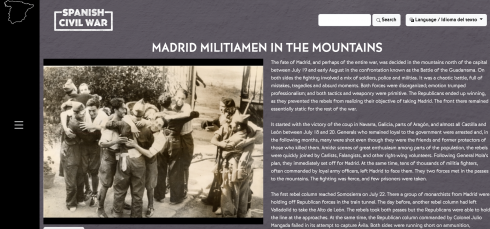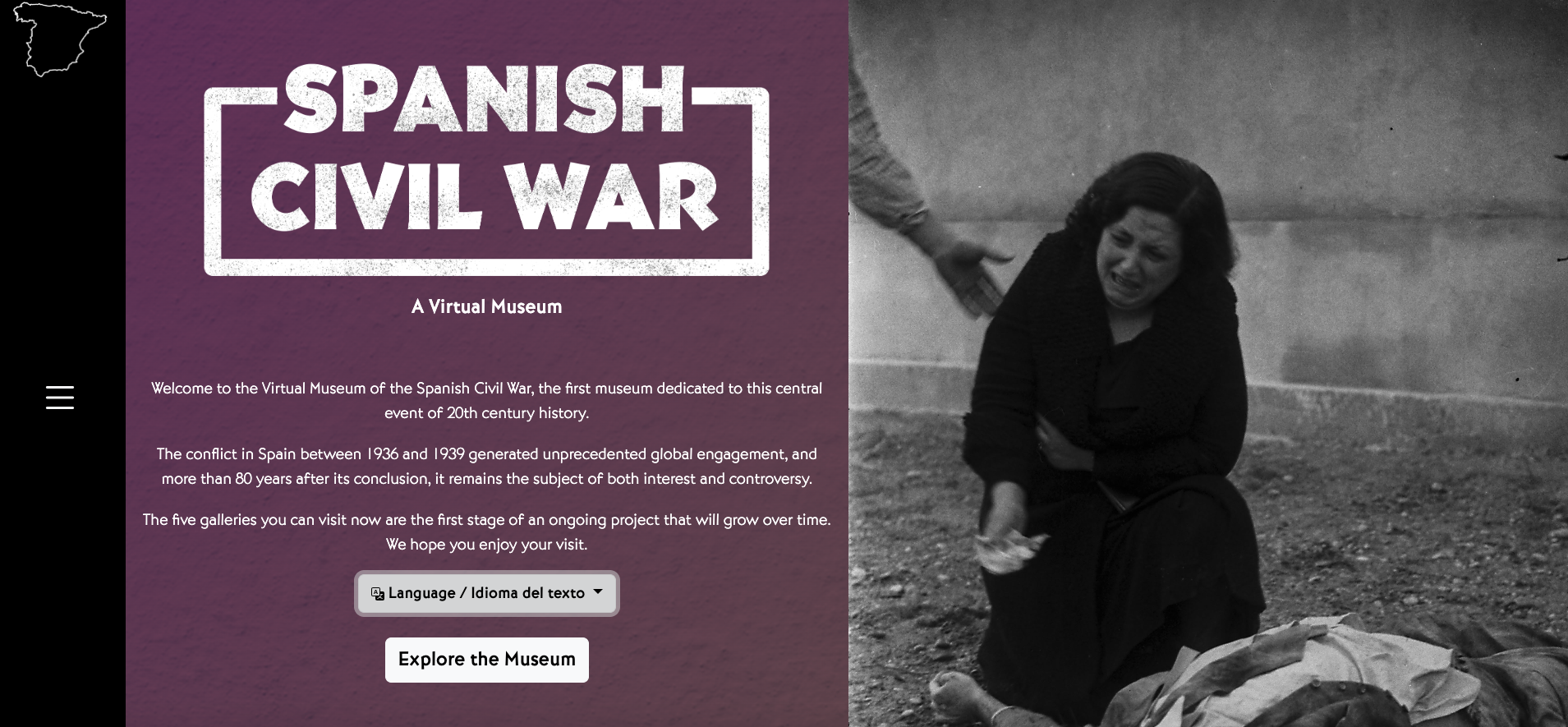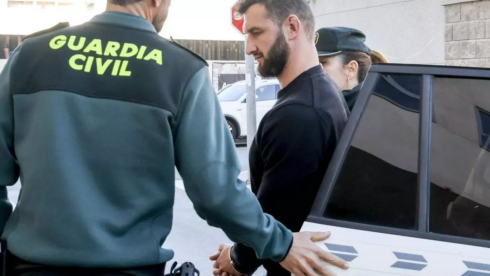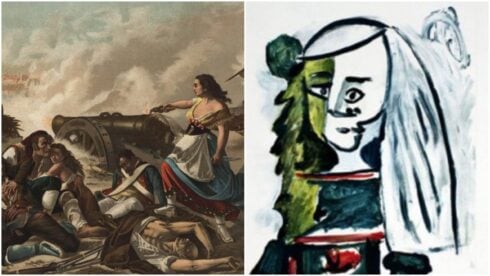WITH little fanfare, the Virtual Museum of the Spanish Civil War was launched online in September. The free website is aimed at educating anyone who is interested in the conflict, which ran from 1936 to 1939, and still today is the subject of bitter division among many Spaniards.
The website consists of 130 images grouped into five galleries, with the photos accompanied by simple text that seek to explain how the conflict unfolded on a military level, the impact it had on the world at the time, and the effect it had on the Spanish population.
The project will serve to plug a gap in the Spanish collective memory, given that there are few museums dedicated to history in the country and even fewer when it comes to the Civil War.
The website was created by an international team of academics from centres of learning as diverse as Trent University in Canada, Warwick University in England and Arkansas State University in the United States.

The arrival of the museum comes at a time when there have been new developments in terms of historical memory in Spain.
The Socialist Party-led government recently passed the Democratic Memory Law, which aims at addressing still-open wounds from the Civil War and subsequent dictatorship of Francisco Franco.
These include a DNA bank to help locate the bodies of victims who still lie in mass graves across the country, as well as changes to the Valley of the Fallen, the monument outside Madrid that was until recently the resting place of Franco.
The Spanish government exhumed the remains of the former dictator from the Valley of the Fallen in 2019. The family of José Antonio Primo de Rivera, the founder of Spain’s fascist Falange party, last week announced that it will privately exhume the politician’s remains from the Valley of the Fallen monument, before the central government does so under the new historical memory law.
As for the new online museum, the creators have stated that they are planning to add content over the coming months, as well as translating the texts – currently available in Spanish and English – into other official languages such as Basque, Catalan and Galician.
Read more:
- Explainer: What will be the effects of Spain’s new Democratic Memory Law?
- Founder of Spain’s fascist Falange party to be exhumed from Valley of the Fallen by family
Click here to read more Spain News from The Olive Press.








